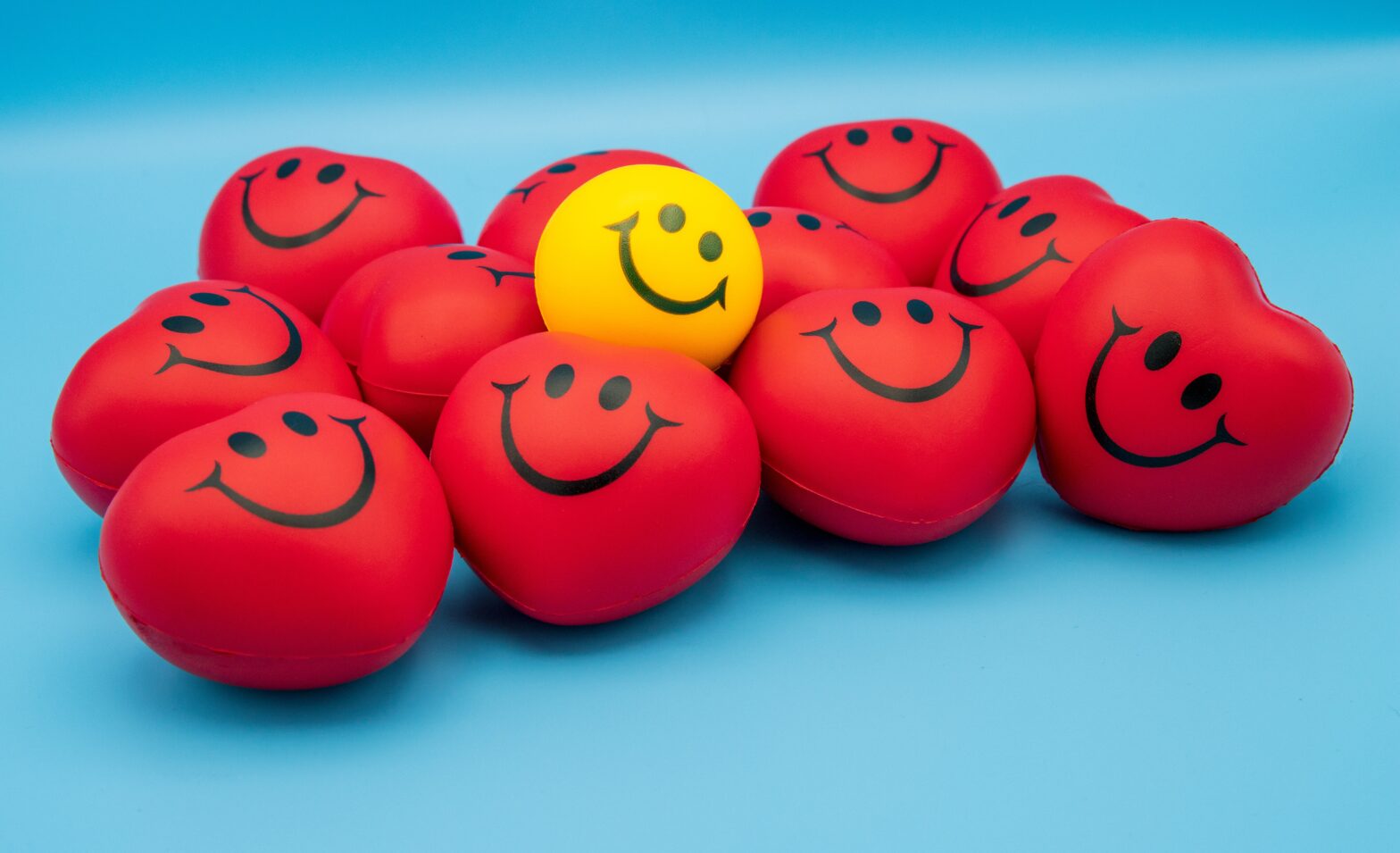Major Depressive Disorder (MDD), or clinical depression, is a mood disorder characterized by the persistent feeling of sadness and loss of general interest. This mood disorder affects how an individual thinks, feels, and behaves, potentially leading to other emotional and physical problems.
Individuals with Major Depressive Disorder may have trouble carrying out normal, everyday activities. They may sometimes, or often, feel that life isn’t worth living.
One of the most important things to understand about depression is that it’s not something that a person can simply just snap out of. It’s not a weakness, and it’s not something that will go away on its own. It requires the help of a mental health professional as well as treatment, which often involves psychotherapy and medication.
What Are the Symptoms of Major Depressive Disorder?
The symptoms of depression tend to reveal themselves in waves, although some symptoms remain more consistent over time. If you or someone you love is experiencing Major Depressive Disorder, the following symptoms will occur nearly every day, lasting for most of the day:
- Feelings of sadness, emptiness, or hopelessness to varying degrees
- Outbursts of anger, irritability, or frustration over small things and big things
- Loss of interest or pleasure in most normal activities, such as hobbies, sex, sports, etc
- Sleep issues, including insomnia or sleeping too much
- Fatigue or general tiredness, to the point of small tasks feeling like they take too much effort
- Appetite changes that result in weight loss or weight gain
- Ongoing anxiety, agitation, or restlessness
- Slowed thinking, speech, or even body movements
- Feelings of guilt or worthlessness
- A tendency to fixate on past failures and to self-blame
- Problems with concentration, general thinking, decision making, and remembering things
- Unexplained physical problems, such as back pain or headaches
- Frequent or recurring thoughts of death or suicide
- Suicide attempts
For many people with depression, these symptoms are usually prominent enough to cause noticeable problems in daily activities, including work, school, social activities, and relationships. It also causes people to feel miserable or unhappy, in general, without really understanding why.
How is Major Depressive Disorder Treated?
Once properly diagnosed by a mental health professional, there are several courses of treatment that are typical for depression. Namely, therapy in conjunction with medication.
Cognitive behavioral therapy (CBT) focuses on changing the views an individual has of themself and their current situation. The goal is to help the individual heal their mental state holistically as well as their relationships as therapy provides them with the tools to manage their stressors, identify the validity of their feelings, and more.
Antidepressants are often prescribed to help with what therapy can’t — the “chemical” aspect of depression. This medication, in the right dosage and type, can positively impact the brain’s chemicals to produce the important neurotransmitters that are lacking, such as dopamine and serotonin.
Transcranial magnetic stimulation (TMS) is one of the most effective treatments for depression, having a better response rate than CBT or antidepressants, with minimal side effects.
Other less conventional but still very effective treatments for Major Depressive Disorder include electroconvulsive therapy (ECT) and ketamine treatments.
Depression can make you feel worthless, helpless, and exhausted. It’s important to understand that these feelings and negative views are not your reality and are a direct result of having a mood disorder. With proper treatment, you can find relief over time and prevent depression from taking over your life. If you’re seeking treatment for MDD, please contact us to schedule an appointment.

